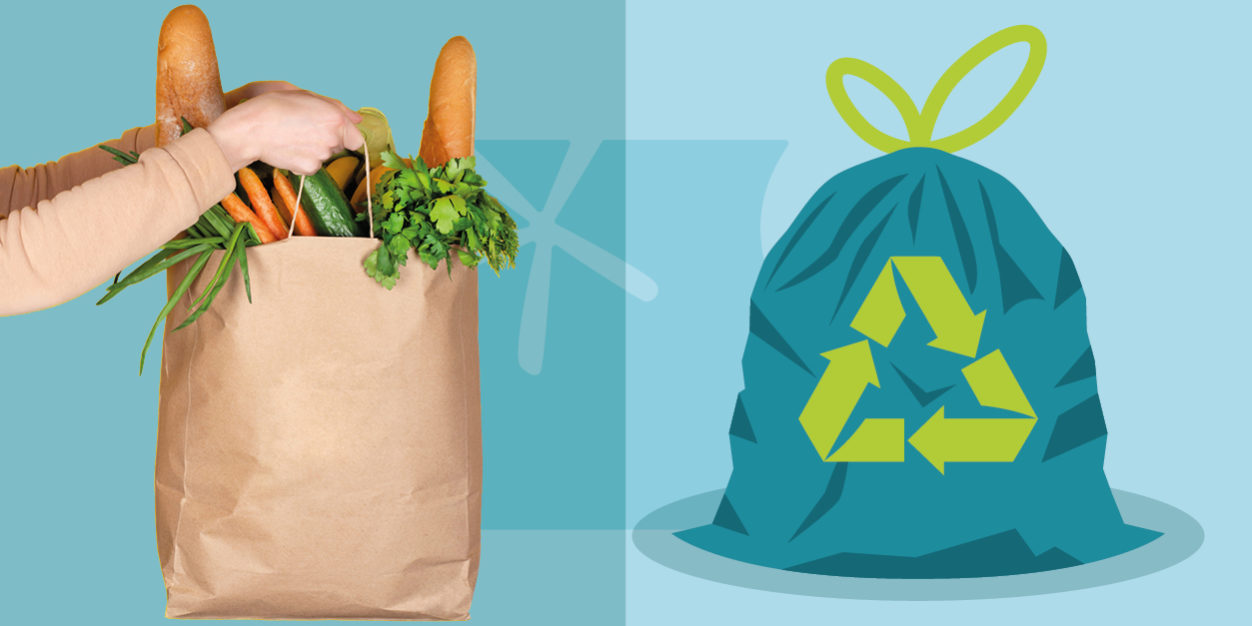Food Waste Risk Index (FWRI) survey conducted by the Silestone Institute among 1,355 people involved in household food management.
Almeria, July 19, 2022. According to data from the Ministry of Agriculture, Fisheries and Food, about 1,400 million kilos of food are wasted every year in Spain, of which more than 75% corresponds to unused food. With the aim of reducing this problem, the Government has promoted the Law for the Prevention of Food Losses and Waste, which promotes actions to prevent food waste throughout the food chain. The law will come into force at the beginning of 2023.
At the household level, it is not easy to quantify wastage; however, it is possible to indirectly estimate the risk of household wastage through purchasing, handling and consumption habits that may predispose to wastage. Aware of the importance of this problem, the Silestone Institute has conducted an observational study based on a survey that yields a Food Waste Risk Index (FWRI) classified as low, medium or high. The 15-question survey was conducted between March and May 2022 and involved 1,355 people involved in household food management.
The results of the survey were presented on July 15 as part of the summer courses of the University of Almeria (UAL), during the lecture-workshop “Food wastage in the home: risk assessment and prevention”. The lecture was given by Maite Pelayo, a microbiologist specializing in food safety, technical spokesperson for the Silestone Institute and the expert who designed the survey.
What is the Food Waste Risk Index for households?
- To a greater or lesser extent, all respondents acknowledge that they carry out some practice to avoid food wastage in the household. In this sense, the final survey data is divided between the medium and low Food Waste Risk Index (FWRI).
- Nearly 30% of the people surveyed have a medium risk of wastage, needing to improve their habits and practices to reduce wastage in their households.
- Seventy percent of the survey respondents have a low risk of wastage, taking actions to avoid wastage on a regular basis. Among these, 49% acknowledge that they always cook recipes for making the most of them, representing a percentage five times higher than those with a medium risk of wastage (9.8%).
- People in the medium wastage risk group are twelve times more likely to throw leftover food in the trash (14.5%) than those in the low wastage group (1.2%).
- It is worth noting that 20% of respondents acknowledge that they do not clearly differentiate between best-before and best-before dates.
How can we reduce the risk of food wastage in the home?
Observing the results obtained, we see that the main habits that can have an impact on reducing the risk of waste in the home are:
- In shopping habits: the place of purchase, planning menus, making a list, consulting purchase dates and avoiding breaking the cold chain.
- In storage habits: ordering food by date when storing it, checking food stored in the refrigerator and knowing the difference between best-before and best-before dates.
- In consumption habits: practice recipes for making the most of food and properly manage leftovers from prepared dishes.
Some factors that can influence food wastage in the home are difficult to change (e.g., the place of purchase or frequency of purchase, etc.). However, it is possible to influence the reduction of wastage by devoting efforts to training, awareness raising and information.
Training, especially in terms of proper planning of purchases as well as good practices in food transport and storage, is essential in reducing the risk of wastage in households.
On the other hand, consumer awareness of this global problem is very interesting in order to modify certain habits such as throwing food in the trash or knowing and using more often recipes for making the most of food.
Finally, the importance of information on good food management and handling practices as a tool in the fight against wastage should be emphasized.
